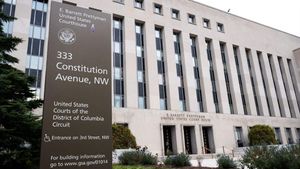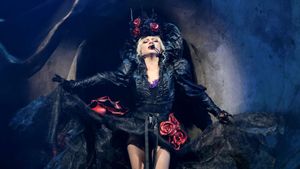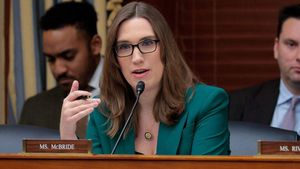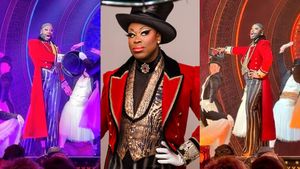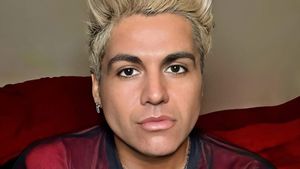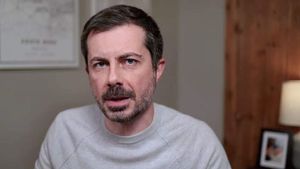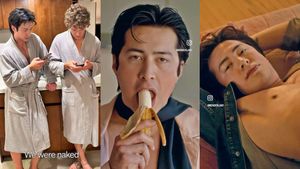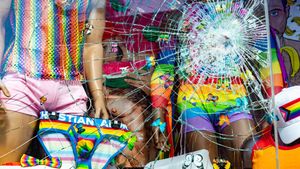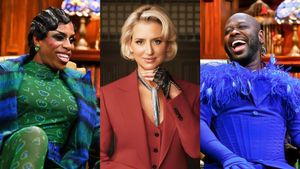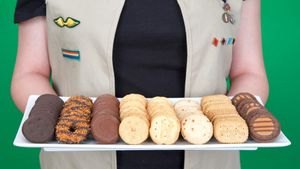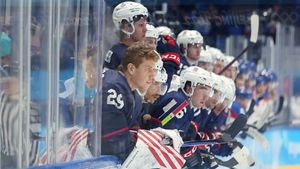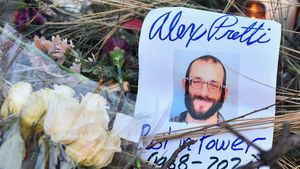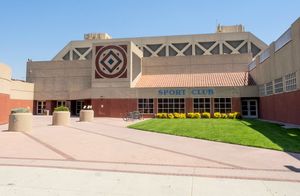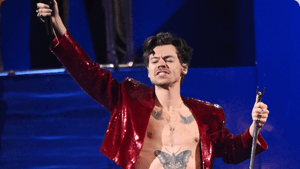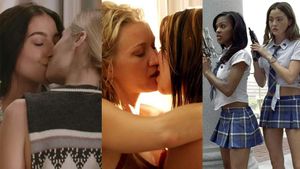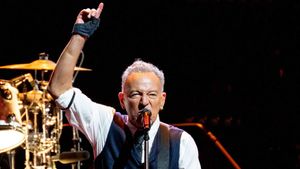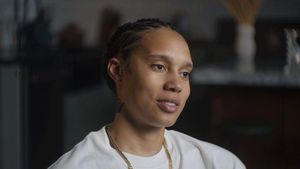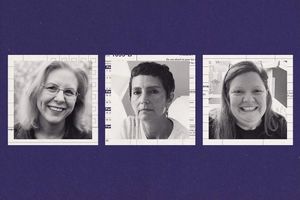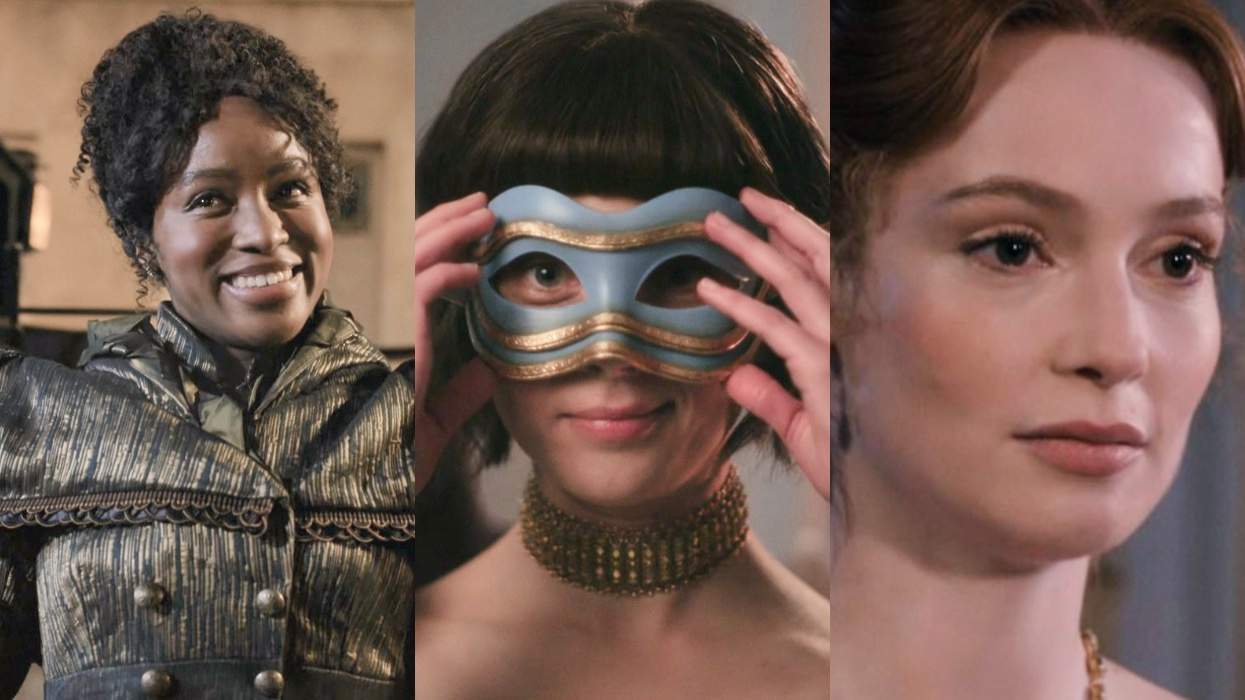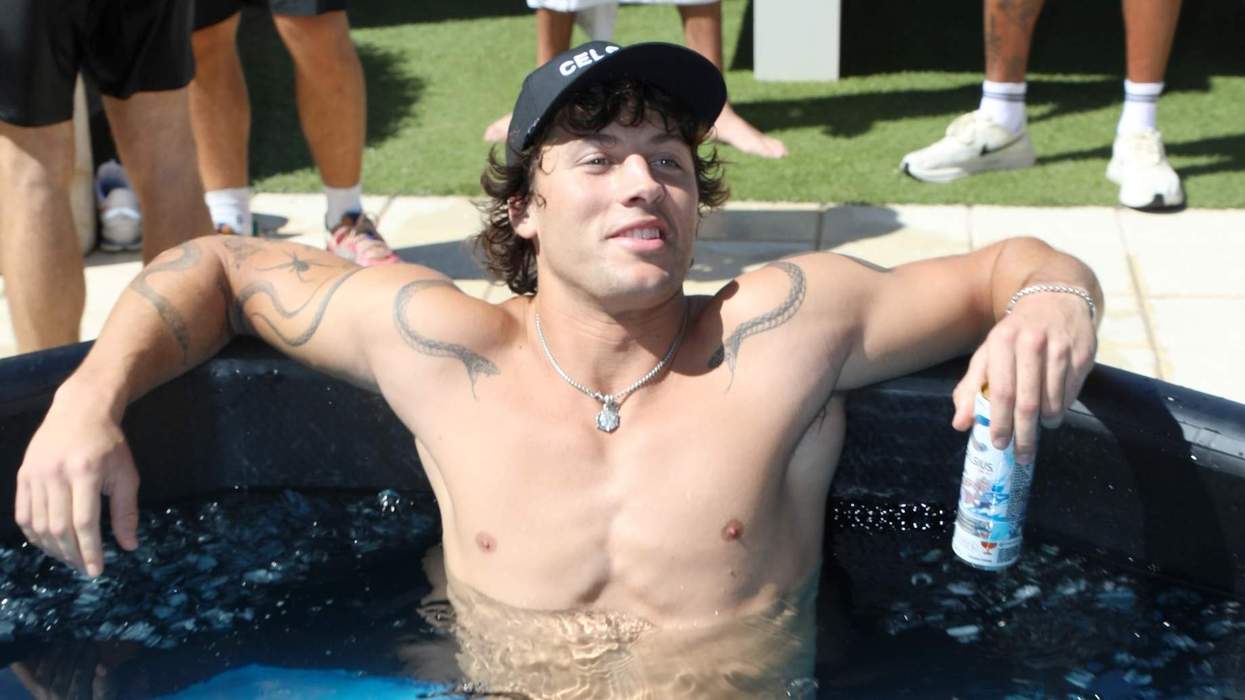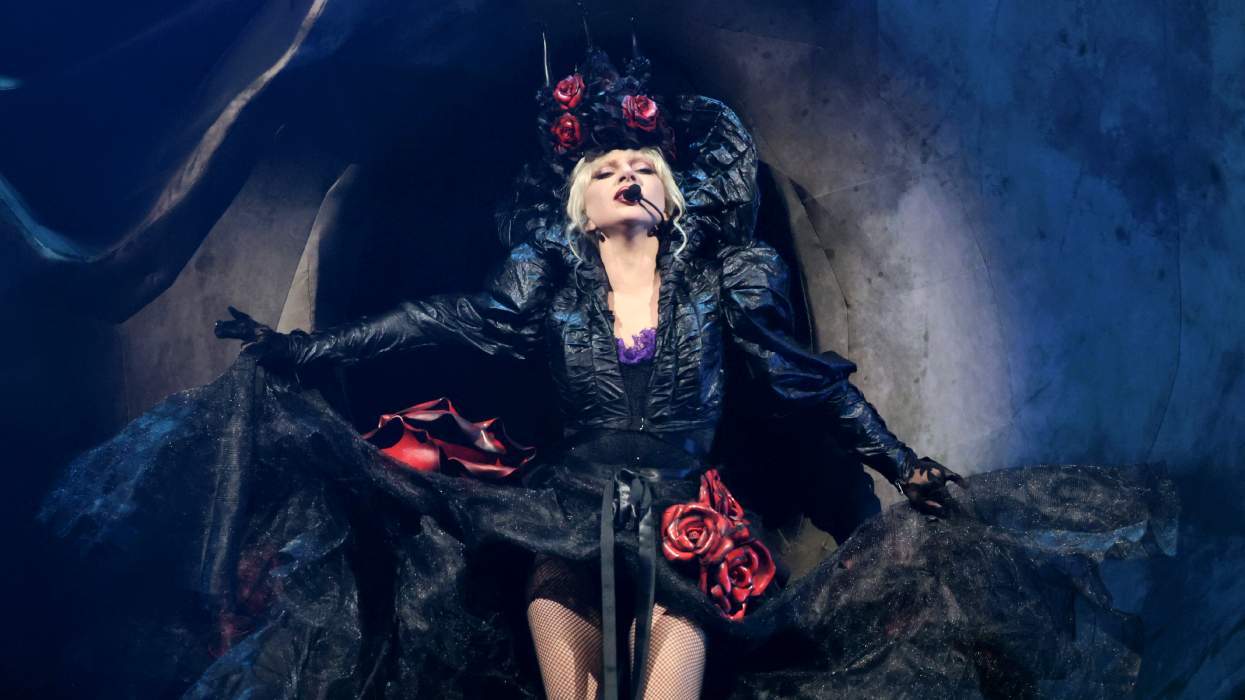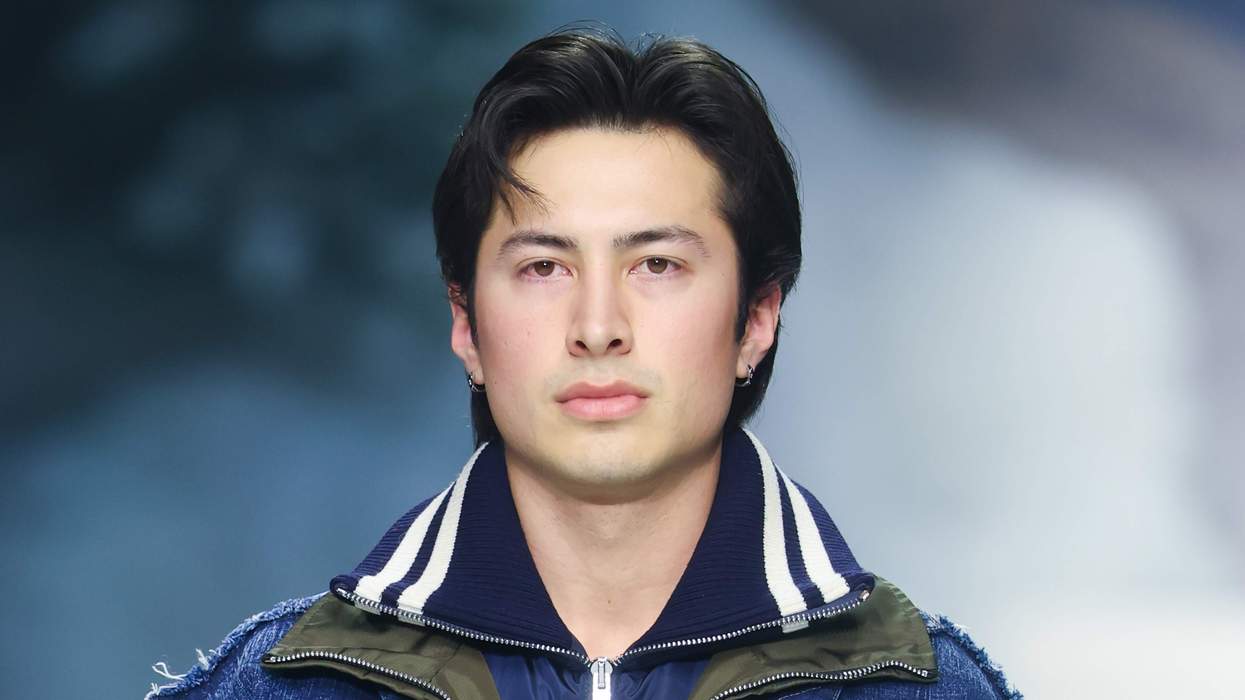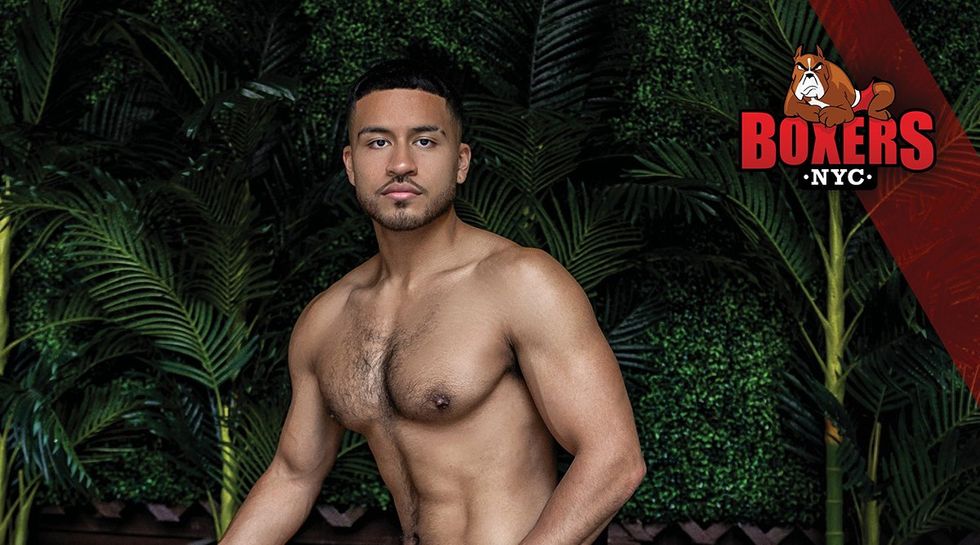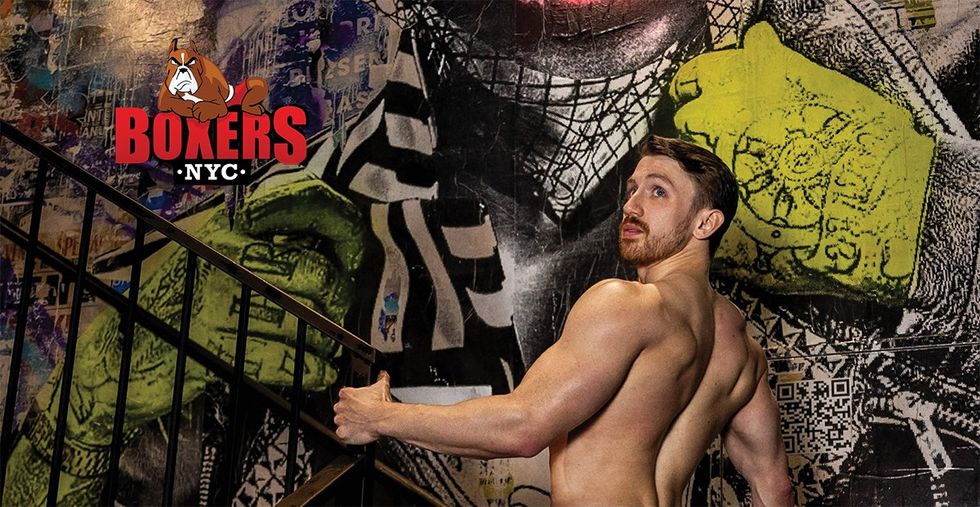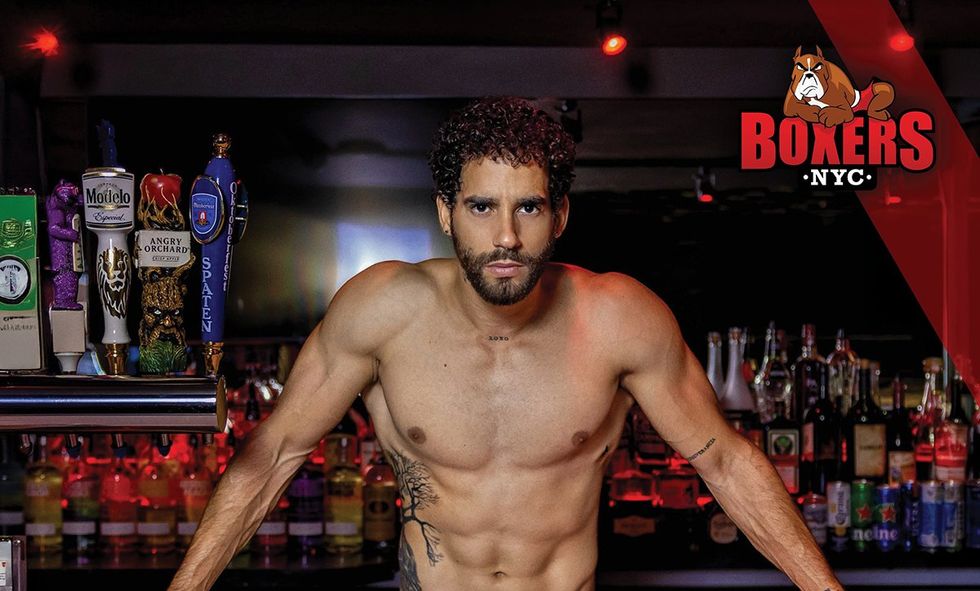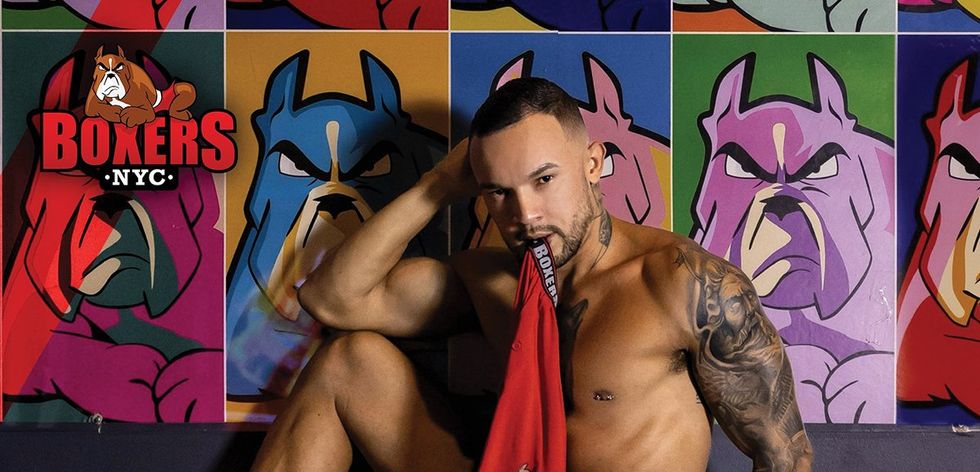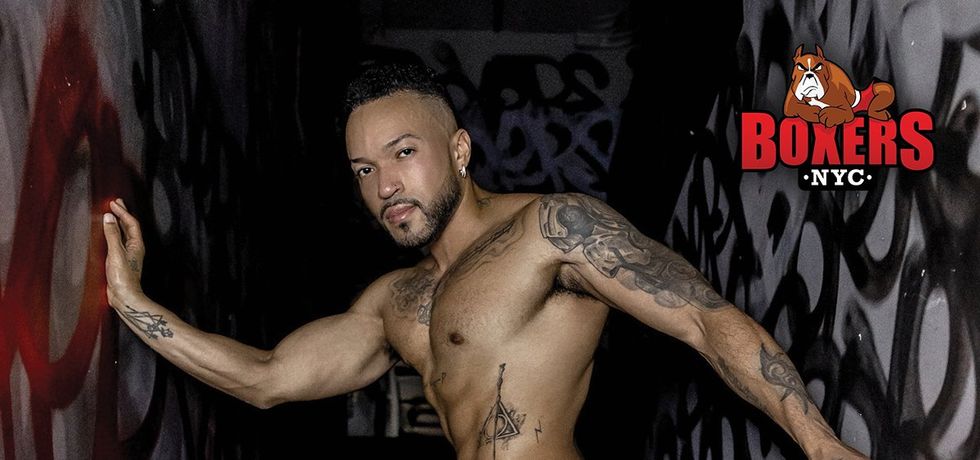I can hear the faint sounds of explosions as I sit on my balcony in West Hollywood.
Protests I couldn't bring myself to attend were processing through my neighborhood Saturday. But loud bangs, seven helicopters circling overhead, and endless sirens echoing through my normally quiet street confirmed my fears: it hadn't remained as peaceful as it intended to be.
These protests popped up around the country to honor George Floyd, Breonna Taylor, Tony McDade, and the many more over the years who have died at the hands of police violence. Many protests were able to remain peaceful, while some were derailed.
Twitter made it was easy to see what was going on in Los Angeles. It almost felt like I watched police cars go up in flames in real-time. Thousands crowded the intersection of Fairfax and Beverly, the sidewalks I'd jogged down just three days prior. Faces were covered. But the anger, the sadness, and the fear were etched into every photo and video.
I watched the police approach the protestors in riot gear, attempting to deescalate the situation while actually doing the opposite. I watched friends get shoved onto the ground and hit with batons. I watched people dressed head-to-toe in black smash windows of places I've shopped. I watched white women spraypaint "Black Lives Matter" on the side of a Starbucks at The Grove, and Black women tell them to stop. "They're going to blame Black people for this," they kept repeating. I watched people stop their cars in the middle of the street to run inside businesses to loot, taking advantage of the chaos.
I didn't feel sad though. I didn't mourn the broken glass and cars set ablaze. Material things can be replaced. The life of George Floyd—and the many other victims of police brutality—cannot.
I poured myself a heavy glass of wine for my nerves. The city of Los Angeles pushed an alert about a citywide curfew at the exact moment my mother texted me. She'd recognized some of the buildings on the news as places she visited, storefronts just blocks away from me. "People are mad and sad," she typed out to her two children. "You guys be careful in this sadistic world."
One of the gay epicenters of the world was thrust into chaos, and Pride Month would begin in just under 48 hours. Scrolling through my social media, I was struck by the number of white gay men—who hadn't bothered to mention the deaths of Floyd or Ahmaud Arbery or Tony McDade—seething about the looting in their neighborhood. "I can't even go outside to walk my dog," one wrote on Facebook, unconcerned about the deaths but ready to digitally fight the masses over the slightest inconvenience.
Y'all know the Stonewall uprising began as a riot, right?
In the 1960s, it was illegal for two men to engage in any kind of romantic physical expression. Variant gender expressions incited vicious responses from the public and police. Gay bars were the only refuge for LGBTQ+ people, where they could be left alone and celebrate themselves. And those venues were still hunted down.
In the twilight hours of June 28, 1969, NYC police raided the Stonewall Inn. Officers physically assaulted and hauled people out of the bar for arrest. The clientele was done putting up with the mistreatment and Black trans women, like Marsha P. Johnson, clapped back against the brutality. She, and many more LGBTQ+ folks, unknowingly sparked a revolution. For six days, Greenwich Village was thrust into protests and violent clashes with the law.
This uprising effectively launched the gay rights movement we know today.
Pride is a protest. It began as one in 1969. And while we've come a long way, it still is a protest today because not all members of our community are treated equally.
Walking around my West Hollywood neighborhood Sunday morning, I kept pausing to read the graffiti still covering many of the storefronts I often passed by. "I can't breathe," they read. "Fuck crook'd cops." "Fuck capitalism." "Eat the rich." "Make America pay for its crimes against Black lives."
To quote Martin Luther King Jr., "A riot is the language of the unheard."
And we are unheard. The system is broken. People are dying. Are the police listening? Is our government? It doesn't feel like they are when deaths keep happening over and over again at the hands of the institutions that are supposed to protect us, and all the killers get sentenced to is administrative leave with a slap on the wrists.
It's infuriating. And terrifying. Especially when the people who are dying look like you. When this has been happening not for decades, but centuries, traced back all the way to slavery. When a community of parents has to teach their children how to behave around cops before they learn how to write in cursive. When you're gaslit with platitudes like, "Statistically, it won't happen to you." But it happened to your cousin, and your friend, and your's ex's father. When police refuse to reprimand or prosecute their own because they'd rather protect each other than really reevaluate their fatal practices that disproportionally affect Black people. When the president of our country casually tweets, "When the looting starts, the shooting starts," invoking a direct quote from a police chief during the Civil Rights era of the 1960s. It feels hopeless.
Black LGBTQ+ people see the silence of our white friends. We see your outrage at looting, but not a word over the piles of bodies.
We always talk about LGBTQ+ community, but we all have to come together inside of this community, and beyond, to condemn the bad, fix the broken bits, and move steadily into the future — some might say like a Pride parade.
Taylor Henderson is the deputy editor of PRIDE. Follow him on Twitter @cornbreadsays.


